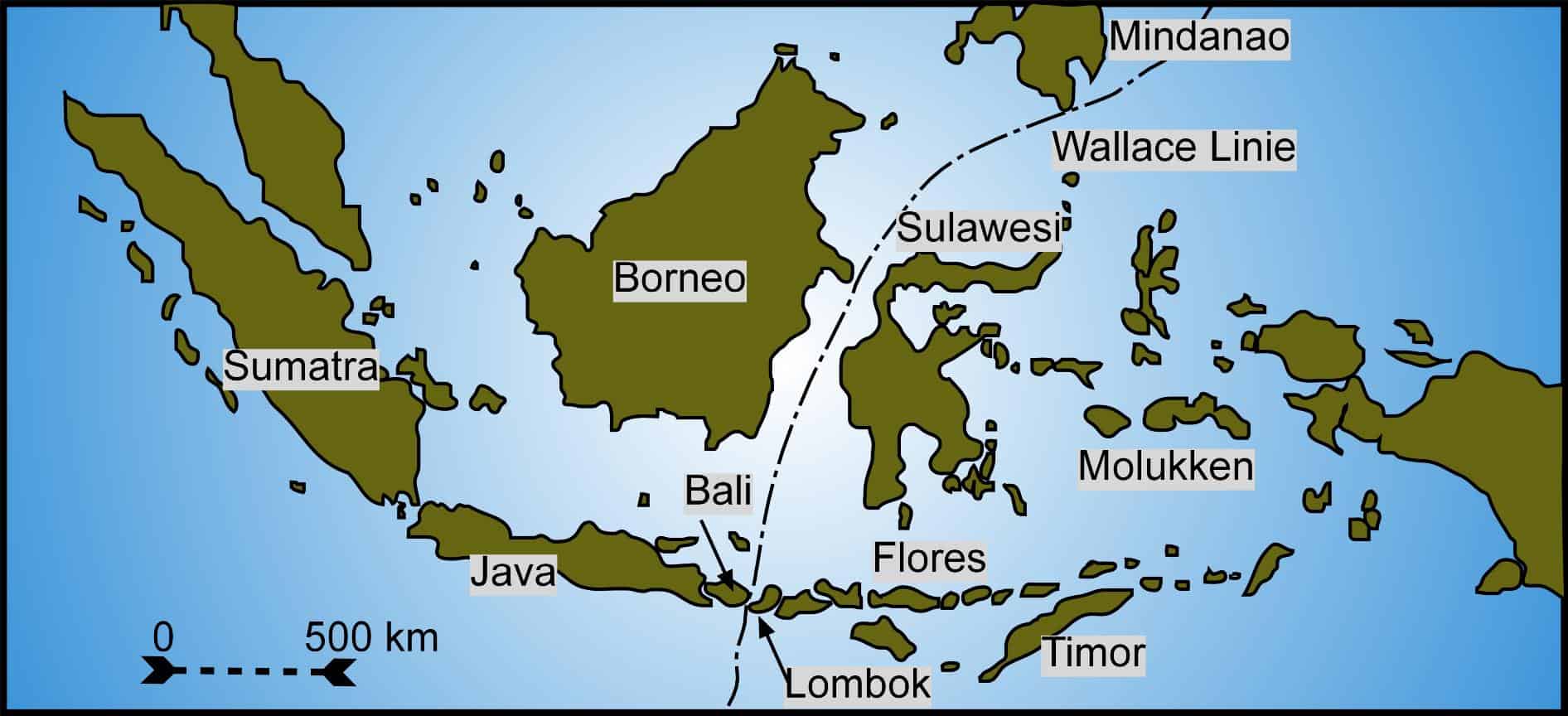
Just before nightfall on Wednesday, the streets of Kabul, Afghanistan’s capital, came alive as mobile phones across the city pinged back to life. After a 48-hour telecommunications blackout imposed without warning, Afghans were once again connected to the world. Jubilant crowds filled the streets, with many clutching their phones, eager to reconnect with loved ones and resume their daily activities.
“Congratulations, the internet is back!” a shopkeeper exclaimed, as drivers honked their horns in celebration. The atmosphere was festive; children received balloons, parents purchased sweets, and friends gathered in restaurants, all while animatedly chatting on their phones. For two days, the nation had been cut off from mobile and internet services, a move that left many feeling isolated and anxious.
Impact of the Blackout
The sudden shutdown had a profound impact on daily life. “The streets were empty, it felt like a holiday even though it was a weekday. But now, even in the evening, it’s crowded again,” noted a 33-year-old Kabul resident. Sohrab Ahmadi, a 26-year-old delivery driver, described the past two days as idle, unable to reach clients through the apps he relies on for work. As connectivity returned, rows of delivery bikes lined up to collect orders from restaurants and juice vendors.
The blackout also highlighted the challenges faced by Afghan women under the Taliban government. With sweeping restrictions, including a ban on education beyond primary school, many women rely on online classes as their only hope for education. “Online classes are the only hope left for Afghan girls,” one resident remarked.
Global and Economic Implications
The United Nations expressed concern that the connectivity shutdown threatened economic stability and exacerbated one of the world’s worst humanitarian crises. The Taliban government has not yet commented on the blackout, which follows recent announcements of plans to cut high-speed internet in some provinces to prevent “immorality.” Attaullah Zaid, a spokesman for Balkh province, indicated that the ban was ordered by the Taliban’s supreme leader, Hibatullah Akhundzada.
“The world has progressed. This is not like 30 years ago,” said mobile credit seller Ghulam Rabbani. “We were hopeful that internet would return. It was a loss for everyone — including the government.”
During the Taliban’s first rule from 1996 to 2001, Afghanistan was too war-torn and impoverished to develop significant internet infrastructure. However, in recent decades, the economy has become increasingly reliant on connectivity. Even in rural areas, mobile phones are essential for business transactions.
Looking Ahead
The restoration of internet services has brought relief, but also uncertainty about the future. Many Afghans fear that similar disruptions could occur again, impacting their ability to work, learn, and communicate. The international community continues to monitor the situation closely, urging the Taliban to ensure stable and open communication channels.
As Afghanistan navigates these challenges, the resilience of its people remains evident. The return of connectivity has not only reconnected Afghans with the world but has also underscored the critical role of the internet in modern society. The coming weeks will be crucial in determining how the country adapts to these new realities and what steps are taken to prevent future disruptions.







